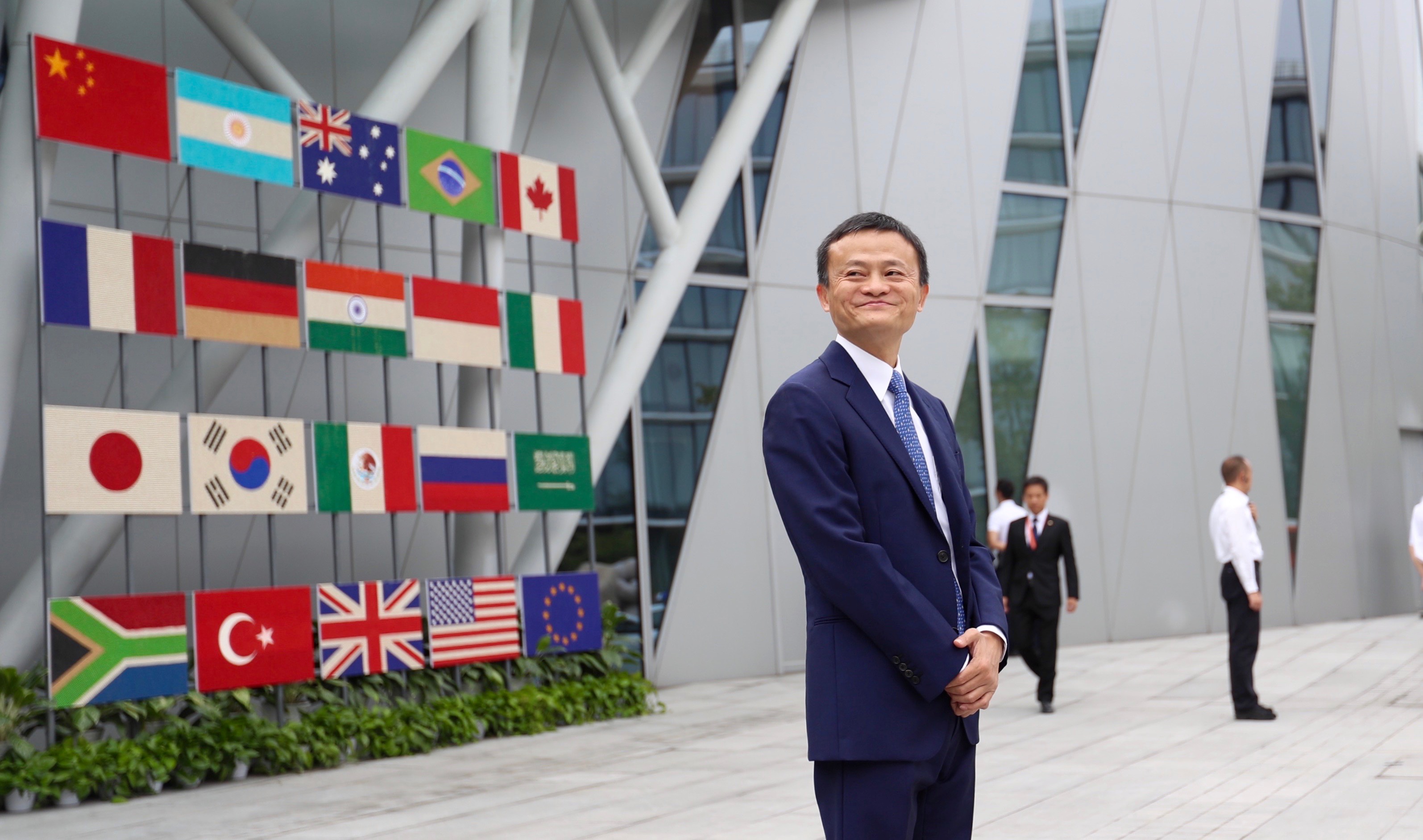
This story was originally published on Forbes.com.
With a bit of trepidation, I ran up to Hangzhou a few days ago. No, I am no longer part of the Group of 20 process, having departed government some years ago. But the G20 Hangzhou Summit did give me pause as to whether it was the best time to visit (thankfully, my concerns were misplaced as the city continued to function rather well even with the additional security checkpoints). My trip was just one of our regular “checkup” calls with Alibaba leadership, from senior management to account representatives, reviewing marketing plans, looking at Singles Day, talking about new brands launching in China–and general collegiality. And the G20 Summit turned out to be a bit of serendipity as it offered a useful opportunity to explore with Chinese decision makers as well as with Alibaba leadership what they hoped to accomplish in Hangzhou and what G20 developments might mean for businesses as they look at China.
The G20 summit resulted in both substantive successes and message successes for business. First a look at substance:
The G20 process is a year-long series of cabinet-level and technical meetings, which culminates in a summit of 20world leaders, at which they hashed out ways to spur the torpid global economy, build an open financial system and coordinate monetary policies.
But a funny thing happened on the way to the summit. It seems I was not the only person with the idea of checking in with Alibaba. Several international delegations made side-trips to Alibaba, where they were given tours of the headquarters campus and where several signed trade agreements with the e-commerce company. In the space of a few days, Jack Ma, Alibaba’s executive chairman, hosted G20 leadersCanadian Prime Minister Justin Trudeau, Italian PM Matteo Renzi, Australian PM Malcolm Turnbulland Indonesian President Joko Widodo, as well asWTO Director General Roberto Azevedo, among others.
Some might find it curious that global leaders with jam-packed schedules would find the time to schmooze with a Chinese company that is not particularly well known in the West, despite Alibaba’s claim that it is the world’s largest retail commerce company.
But their interest can be easily explained with two statistics: World trade is projected to grow at a sluggish 2.8 percent in 2016; worldwide retail e-commerce sales are expected to grow nearly 24 percent this year.
In a nutshell, e-commerce is where the growth is. More than this, cutting deals that promise greater access to the Chinese consumer through e-commerce is a smart play for politicians looking to jumpstart the economies of their respective countries. Also a smart move by China as it strives to open its economy. In the last few days, Russia and Canada announced they were opening e-commerce “pavilions” on Alibaba shopping websites, Australia signed a cooperation agreement with Alibaba while Renzi of Italy visited to promote Italian wine in advance of an upcoming online wine and spirits promotion on Alibaba’s Tmall marketplace.
The opportunity is clear. Household consumption in China now exceeds 60 percent of GDP and will continue to climb as the economy transitions from export-led to consumption-led. A significant driver of this transformation is e-commerce, which is increasing the range of choices available to Chinese consumers while lowering costs and accelerating delivery, according to a recent article in the Japan Times. As a result, China’s online retail sales have exploded from 6.3 percent of total retail sales in 2012 to over 20 percent in 2016. By 2020, 40 percent of all retail transactions in China may be conducted online.
This isn’t the only reason Alibaba was a stopover for visiting G20 leaders—and this takes us to the message point. The theme of this year’s summit is building an innovative, invigorated, interconnected and inclusive world economy—a goal that happens to be one of Jack Ma’s crusades.
Ma wants to use internet technology to do for the world what e-commerce has done for China, streamlining supply chains, cutting out middlemen, circumventing red tape and thus enabling small companies to efficiently reach customers all over the world.
It is no surprise that the G20 leaders named Ma chairman of their affiliated SME Development Task Force, a G20 advisory group. This allows Ma to champion the idea of inclusive globalization, for which the main idea is the Electronic World Trade Platform (eWTP), which combines internet technology with open commercial policy. The goal is to level the playing field for SMEs all over the world, in the process revving up a potent engine of job creation and spurring economic development in countries that have not seen the fruits of globalization.
That’s a message that G20 leaders no doubt heard during their meetings with Ma. And it’s perhaps one worth heeding as they search for new drivers for flagging global growth.
Unfortunately, the world is in a moment where the loudest voices seem to be those of protectionism and hostility to trade. Ma’s eWTP initiative reminds us that more trade means greater prosperity. And the e-commerce can lead the way.
Frank Lavin is the CEO of Export Now, the leading operator of China e-commerce stores for international brands. He previously worked on China issues in government, finance, and communications.




